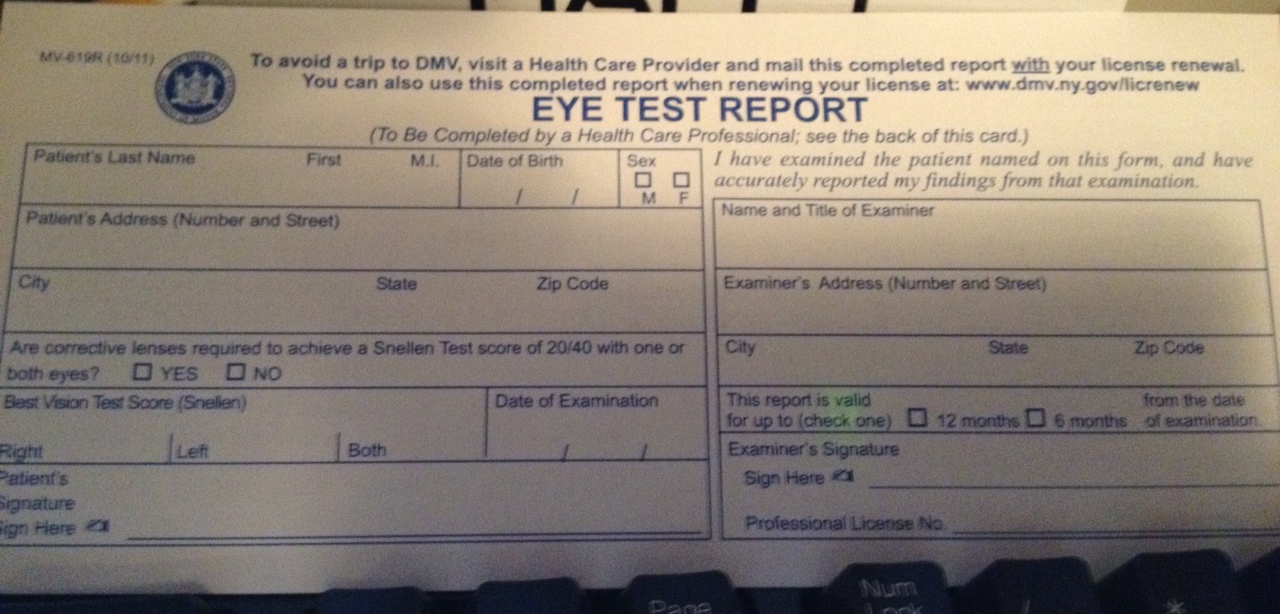I'm comfortable not knowing
About a thousand years ago I was a newbie consultant working for a large, (actually quite large), implementation services arm of a equally large software company. As the software products that our consulting and implementation services group were responsible for implementing numbered in the dozens (if not more), and they were each one reasonably complex technologies, the company enrolled all newly hired implementation consultants in an extensive 8-week training program that was affectionately known as 'bootcamp'.
The bootcamp consisted of 8 hour days, for 8 weeks, taking all of the new consultants through the details and inner workings of the most commonly purchased of the company's applications, giving us a reasonable facsimile of 'real-world' problems that needed to be solved via case studies, and took us through what life as a traveling software consultant was actually all about. Aside - the job and lifestyle was equally better and worse than we all anticipated, but that is a topic for another time.
But even over an 8-week period, the amount of technical, functional, business, process, and project management material that was presented to us was immense and fast-paced, and truly, there was almost no way to actually remember I'd estimate more than about half of it. The rest, and certainly the more important parts of the knowledge needed to become a good consultant would take more time to acquire, and work in the field with real customers to reinforce.
All of this setup is to get to the point of this post. I don't really remember anything specifically from the content of the 8-week training bootcamp save for one sentence that was uttered not from one of the excellent instructors or experienced consultants that led our training, but rather from one of my fellow bootcampers.
At the end of a long week of intensive work on some complex application and technology concepts, our instructor was making a final point about some detail or another, and she noticed a look of confusion on the face of a student in the front of the class. She paused, explained the point once more, and then asked him point blank, "Do you understand what I mean by configuring setting ABC in order to allow the customer to do XYZ?" , (the specifics don't matter, and I don't remember what they were anyway).
The student thought about the question for a second then replied, "No, I really don't understand. But I'm comfortable not knowing."
The instructor was a little taken aback, tried to re-state the concept, and hammer it home so that it clicked with the student, but she missed the real point of his response. It was not that he didn't care about understanding the point she was making, or that he would never understand it, but rather in that setting, with that specific point competing with about 3,000 other ones we'd all been exposed to in the last few weeks, that is was ok to not understand. He was comfortable (his word), with his ability to access reference material, draw on his network of colleagues, do some of his own testing, etc. in order to understand the key point when confronted with the problem in the future.
He was comfortable not knowing because he was comfortable in his ability to think about the problem, access relevant resources, and apply what he'd learned more generally in order to solve this specific problem. He didn't need to know everything, Heck, no one needs to know everything.
I like people that don't claim to have all the answers. I especially like people that are willing to admit that they don't have all the answers, but know how to find them.
And are comfortable with that.

 Steve
Steve



